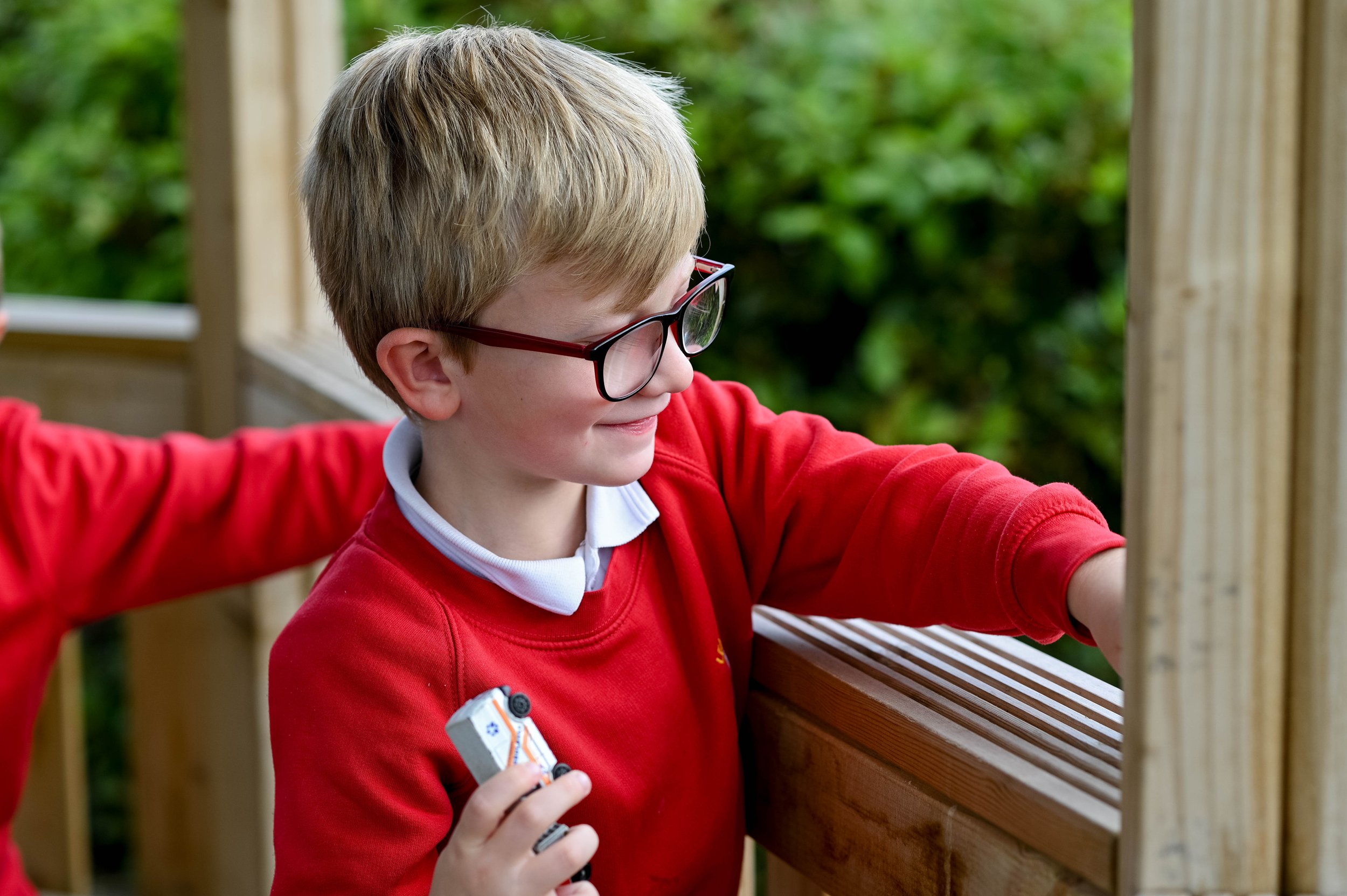
Geography
Why is Geography important?
Geography helps us to make sense of the world around us, better understand the places we live in, learn about and visit, why they matter and how they are connected to a globalised world.
Through geography, we encounter different societies and cultures and learn to appreciate the incredible diversity of landscapes and peoples.
In geography, we face questions of what it means to live sustainably in an interdependent world and learn to value and care for the planet and all its inhabitants.
Intent
At Leasowe Primary we believe that Geography should inspire pupils to become curious and explorative thinkers with a diverse knowledge of the world. We want pupils to develop the confidence to question and observe places, measure and record necessary data in various ways, and analyse and present their findings. Through our Geography units of work, we aim to build an awareness of how Geography shapes our lives over time. We hope to encourage pupils to become resourceful, active citizens who will have the skills to contribute to and improve the world around them. We endeavour to make the most of our position on the Wirral Peninsular and promote geographical enquiry and engagement with the local environment to ensure that children learn through varied and first-hand fieldwork experiences of their locality and the wider world around them.
It is our intention that pupils become more expert as they progress through our carefully planned, progressive curriculum, accumulating and connecting substantive and disciplinary geographical knowledge. Key knowledge and concepts are continually re-visited within units and across the years, enabling knowledge to ‘stick’ and for pupils to know more and remember more. Locational knowledge, in particular, will be reviewed in each unit to coincide with our belief that this will consolidate children’s understanding of key concepts, such as scale and place, in Geography.
Implementation
We have adopted the Kapow scheme of work to ensure a progressive and robust Geography offering. Our Geography curriculum is planned and sequenced in line with the Foundation Stage Statutory Framework and Development Matters in the Early Years and the National Curriculum throughout KS1 and KS2. Geography knowledge is taught explicitly in geography lessons in half termly blocks (all year groups teach geography in Autumn 1, Spring 1 and Summer 1) to ensure rigour and focus to learning. We have organised our Geography units with attention to our History and English units, making links where possible to enable further opportunities to develop deeper knowledge and make connections.
In EYFS, children will develop awareness of their immediate environment, recognise places on maps and aerial photos, make their own simple maps and explore and contrast other places through images, video and stories. ELG objectives are mapped against Key Stage 1 objectives to ensure teaching is sequential and that the children have the knowledge and skills to transition successfully to KS1.
In Key stage 1, our units sequence the learning to specifically develop pupils’ conceptual understanding of scale and place by first learning about their everyday surroundings, then by looking at a national level and finally by studying global contexts which are likely to be new to them. They will learn how to use maps, atlases and globes as well as learn simple compass directions.
Our Geography units across Key stage 2 are sequenced to allow pupils to build on their understanding of geographical concepts, themes, such as settlement, trade, climate change and natural resources, and fieldwork skills. We have structured our units to reflect a regional approach, for example, the Amazonian region, a volcanic region in Southern Italy, the Alps, the Great Barrier Reef and a desert region. Case studies have been chosen to ensure that the children have experience learning about a location in each continent by the end of their LPS learning journey.
To further raise the profile of Geography at LPS outside of the Geography curriculum, we have a successful Eco club which encourages our children to become responsible citizens and to understand the importance of taking care of our world. Our Photography club also builds on this, with sessions dedicated to appreciating the detail of our local environment.
Impact
The impact of our Geography curriculum at LPS is constantly monitored through both formative and summative assessment opportunities. Retrieval sessions at the beginning of each lesson allow assessment of previous learning. Each unit concludes with a unit quiz to inform teacher assessments and identify any gaps in leaning. A ‘knowledge catcher’ is used at the beginning of every unit to identify prior knowledge and is added to at the end of the unit to assess new learning. Opportunities for children to present their findings using their geographical skills will also form part of the assessment process in each unit.
Our geography curriculum ensures that, at the end of their time at LPS, our children will:
Show an interest and a curiosity in the world around them.
Remember key knowledge and Meet the ‘Understanding the World’ Early Learning Goals at the end of EYFS, and the end of key stage expectations outlined in the National curriculum for Geography by the end of Year 2 and Year 6.
Be able to use a variety of vital vocabulary with which to discuss their geographical knowledge and understanding.
Have had varied and first-hand experiences of the world around them through a variety of fieldwork activities.
Become responsible global citizens who take an active role in looking after our our planet.